The draft revised Law on Investment under the Public-Private Partnership (PPP) model is being submitted for comments at the 8th Session of the 15th National Assembly . This Law amends a number of contents on the fields and forms of investment contracts under the PPP model. The development of the Law aims to promptly remove urgent difficulties and obstacles in terms of institutions, simplify administrative procedures and promote decentralization and delegation of authority in the fields of business investment and investment under the public-private partnership model.
One of the highlights of the draft amendment to the PPP Law is the removal of restrictions on investment sectors and minimum capital. Previously, only 5 sectors were regulated for investment under the PPP method, with minimum capital ranging from 100 billion to 200 billion VND. This regulation has limited the ability to attract investment for small-scale projects with high development potential.
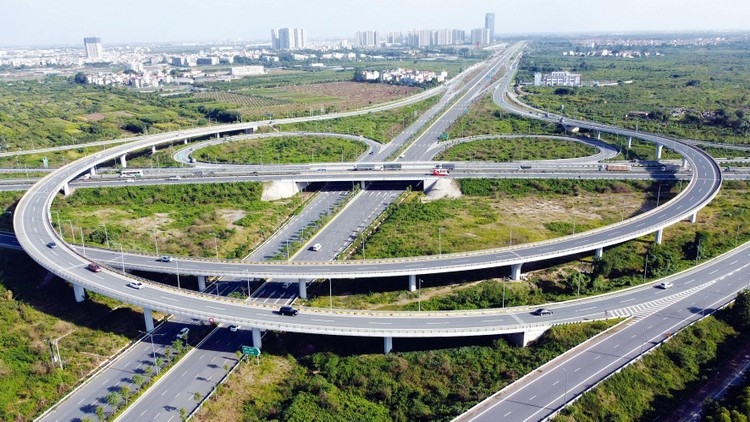
By removing these regulations, the draft law facilitates projects in many different fields, suitable to the needs and actual conditions of each locality. This not only encourages investors to participate in new fields but also creates opportunities for localities to be able to implement projects that were not previously regulated.
The draft law also proposes to consider applying a higher State capital ratio of 50%, but not exceeding 70% of the total investment, especially for projects with site clearance costs accounting for more than 50% of the total investment or in areas with difficult socio- economic conditions. This is an important decision, helping to reduce the financial burden on investors and encouraging them to participate in projects with high risk factors.
Increasing the State capital ratio will create peace of mind for private investors, while helping to ensure that projects are implemented with high quality and within a reasonable time. This can accelerate the implementation of important infrastructure projects, meeting the country's economic development needs.
Delegate Tran Van Tuan (National Assembly Delegation of Bac Giang Province) commented that amending and supplementing a number of articles of the PPP Law will help remove difficulties and obstacles for investors, helping to free up resources in the context of limited State budget capital.
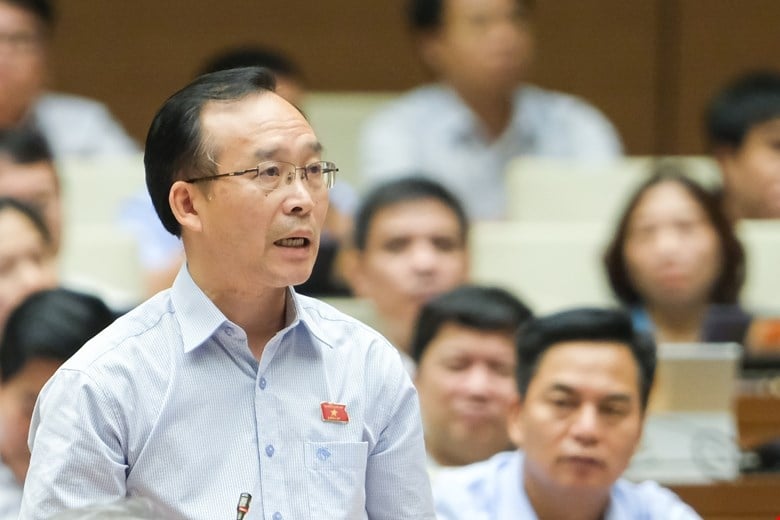
Some of the revised contents are of great interest to investors, including: adding regulations on paying costs to investors when the contract is terminated before the deadline; increase the proportion of state capital participating in PPP projects to over 50% in some special cases; adding state capital to handle the risk of reduced revenue of PPP projects.
According to this delegate, the PPP Law currently only stipulates that State capital supports infrastructure construction to increase financial efficiency for projects during the construction phase (stipulated in Clause 1, Article 70). There are no regulations on revenue support when the project declines through no fault of the investor, which causes some projects to face difficulties during the operation phase and reduces investors' confidence and interest in new PPP projects.
"Therefore, the drafting committee needs to study and add to the draft Law provisions on State capital support for PPP projects signed before the Law takes effect if necessary. At the same time, it is necessary to assign the Government to specify in detail the procedures, subjects of application, as well as the risk sharing mechanism between investors and lenders when applied in these cases," delegate Tran Van Tuan suggested.
Delegate Luu Ba Mac, Lang Son National Assembly Delegation, said that some localities such as Lang Son, Bac Giang, Hanoi, etc. have BOT projects that were signed before the PPP Law took effect, and have been implemented and put into operation. However, these projects are recording unexpectedly declines in revenue, affecting financial plans and prolonging implementation time.
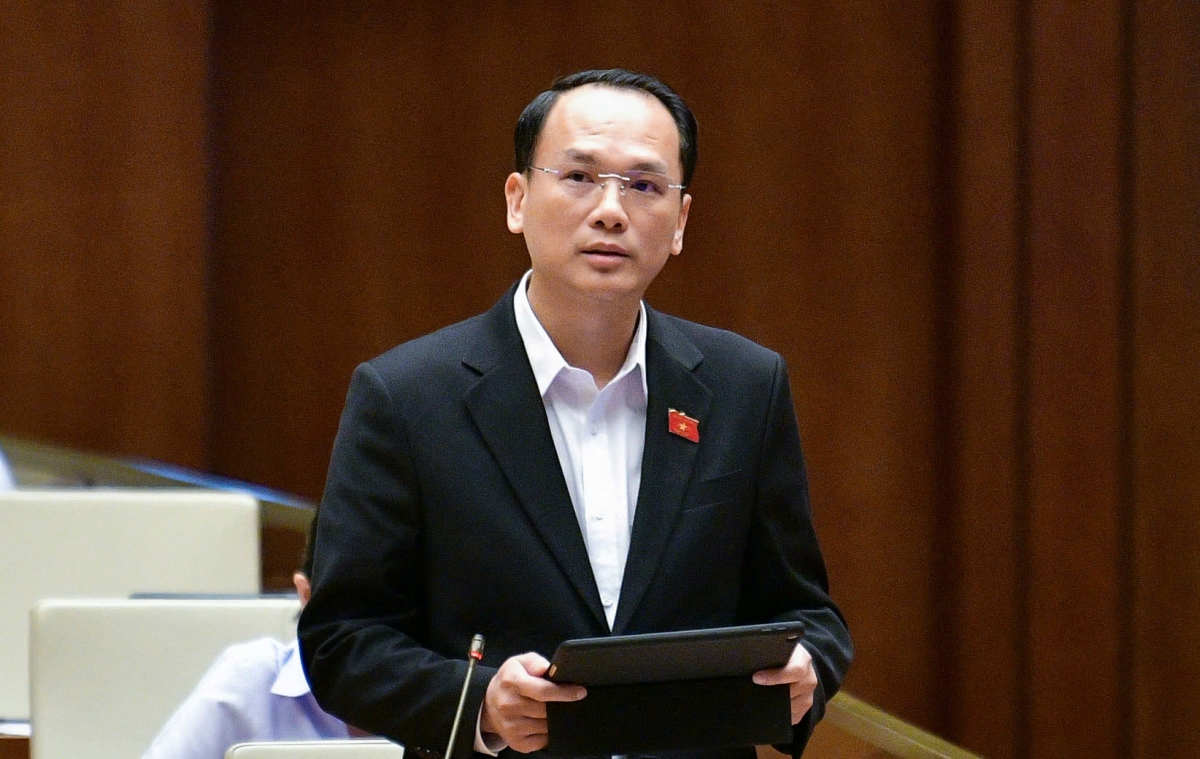
Delegates from Lang Son said that for projects in operation that have quantified difficulties and obstacles due to objective reasons, not originating from investors, such as changes in planning, adjustments in price control policies, fee exemptions or reductions, or reductions in the number of toll stations, causing traffic volume to decrease significantly compared to the original financial plan, solutions need to be found to harmonize benefits and share risks among relevant parties.
“The Law drafting agency needs to consider and review more carefully to remove difficulties for businesses and related agencies, contributing to improving the efficiency of the PPP investment method,” delegate Luu Ba Mac suggested.
Regarding the provision at Point b, Clause 16 of the draft law amending Point d, Clause 1, Article 69 of the current PPP Law, in which the goal is to use state capital to offset the reduction in revenue in PPP projects, delegates proposed that the Law drafting agency expands the scope of application of this provision to include projects that have been put into operation but are facing objective difficulties and need additional state capital to maintain financial efficiency.
In addition, to ensure flexibility and practicality, Mr. Mac proposed to add Clause 3, Article 69 of the current PPP Law, assigning the Government to specify the management and use of state capital in PPP projects. This content should include the conditions of application, support conditions and responsibilities of relevant agencies.
In addition, Mr. Luu Ba Mac said that it is necessary to adjust the mechanism for sharing increased and decreased revenue as stipulated in Article 82 of the current PPP Law, to apply to BOT projects that signed contracts before the PPP Law took effect. This helps to flexibly handle old contracts, ensure harmonious interests between the parties and be consistent with new legal changes.
Source: https://vov.vn/chinh-tri/quoc-hoi/go-kho-cho-du-an-ppp-can-hai-hoa-loi-ich-va-chia-se-rui-ro-giua-cac-ben-post1134190.vov








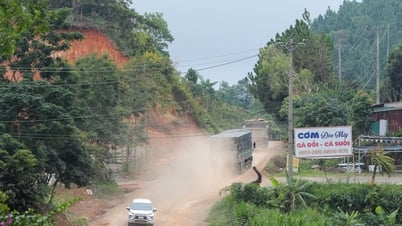





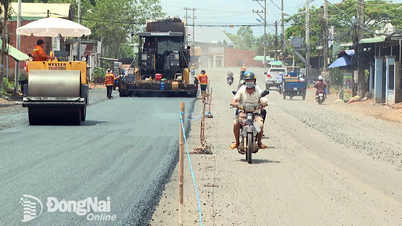

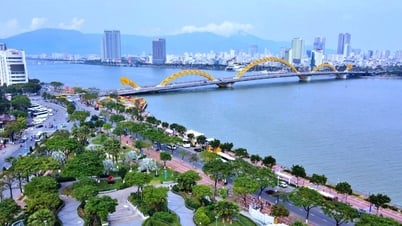






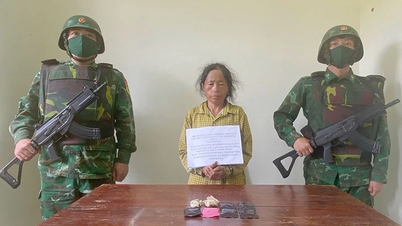

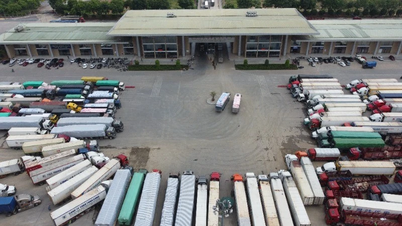








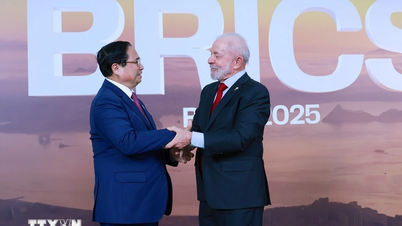
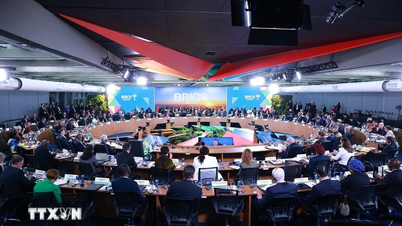

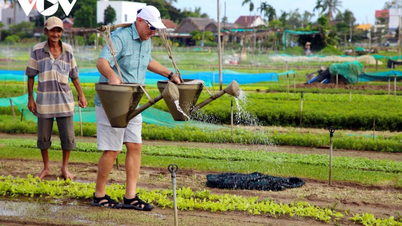


















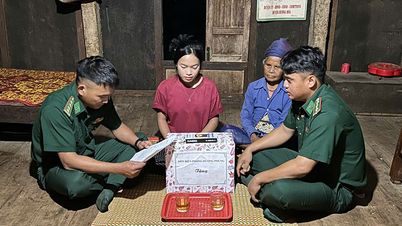





















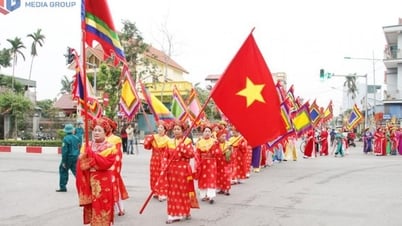
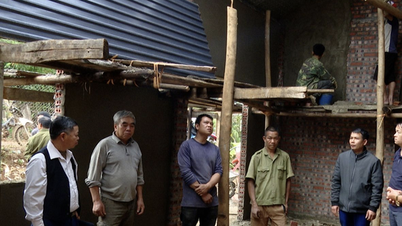





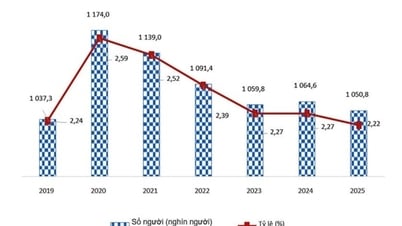




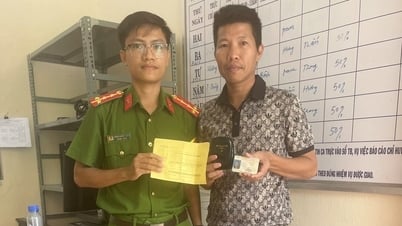

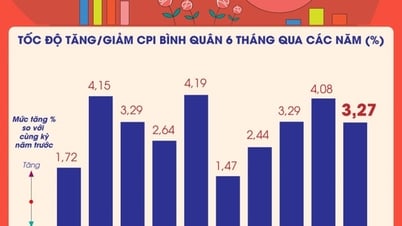














Comment (0)